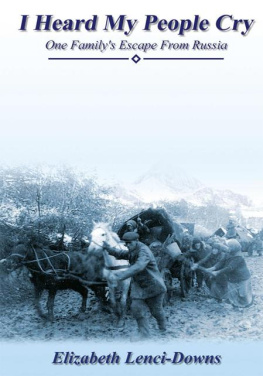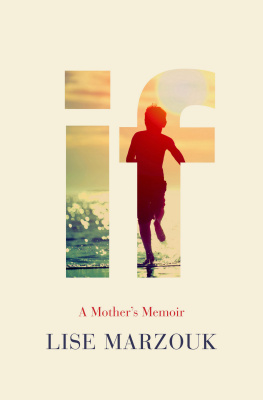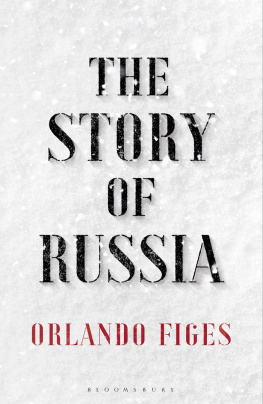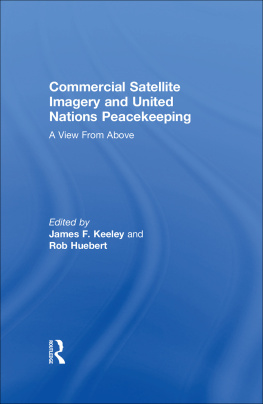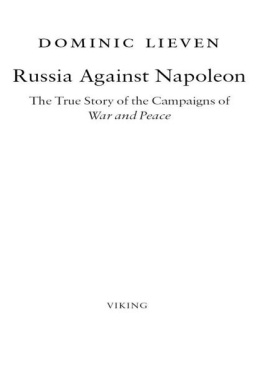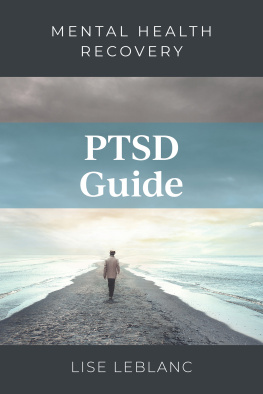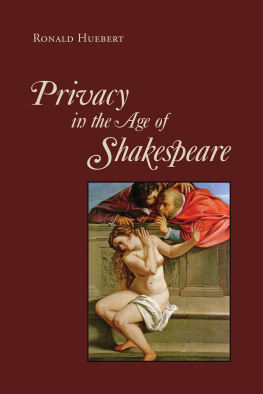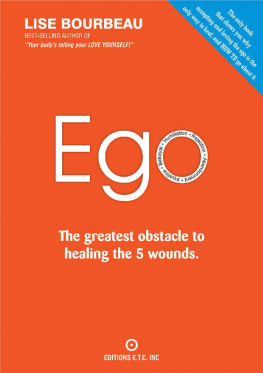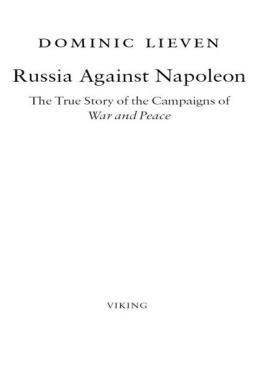I Heard My People Cry
One Familys Escape From Russia
Elizabeth Lenci-Downs
The True Story of Lise Huebert Toews Gerig
Copyright 2003 Elizabeth Lenci-Downs. All rights reserved.
No part of this publication may be reproduced, stored in a retrieval system, or transmitted, in any form or by any means, electronic, mechanical, photocopying, recording, or otherwise, without the written prior permission of the author.
Text from The Gulag Archipelago 1918-1956, Abridged, by Aleksandr I.
Solzhenitsyn.
Parts l-lV translated by Thomas P. Whitney. Parts V-VII translated by Harry
Willetts. Abridged by Edward E. Erickson, Jr. Copyright (c) 1985 by the Russian
Social Fund.
Reprinted by permission of HarperCollins Publishers Inc.
Copyright February 2001
By Elizabeth Lenci-Downs
Lenci Studios Inc.
P.O. Box 19206
Fountain Hills, AZ 85269-9206
Tel: (480) 816-3875
Fax (480) 816-8693
Email:
Website: www.lencistudios.com
Cover Graphics: V-Space Design - Paul Klissas, Phoenix, Arizona.
Photograph the march of millions courtesy of CMBS Winnipeg, Canada.
National Library of Canada Cataloguing in Publication
Lenci-Downs, Elizabeth
I heard my people cry: one familys escape from Russia / Elizabeth Lenci-Downs.
ISBN 978-1-5539-5828-4 (softcover)
ISBN 978-1-4122-5389-5 (ebook)
I. Title.
BX8119.R8G47 2003289.747092C2 003-900932-7

This book was published on-demand in cooperation with Trafford Publishing.
On-demand publishing is a unique process and service of making a book available for retail sale to the public taking advantage of on-demand manufacturing and Internet marketing. On-demand publishing includes promotions, retail sales, manufacturing, order fulfilment, accounting and collecting royalties on behalf of the author.
Suite 6E, 2333 Government St., Victoria, B.C. V8T 4P4, CANADA
Phone 250-383-6864 | Toll-free 1-888-232-4444 (Canada & US) |
Fax 250-383-6804 | E-mail |
Web site www.trafford.com | TRAFFORD PUBLISHING IS A DIVISION OF TRAFFORD HOLDINGS LTD. |
Trafford Catalogue #03-0191 | www.trafford.com/robots/03-0191.html |
1098
Contents
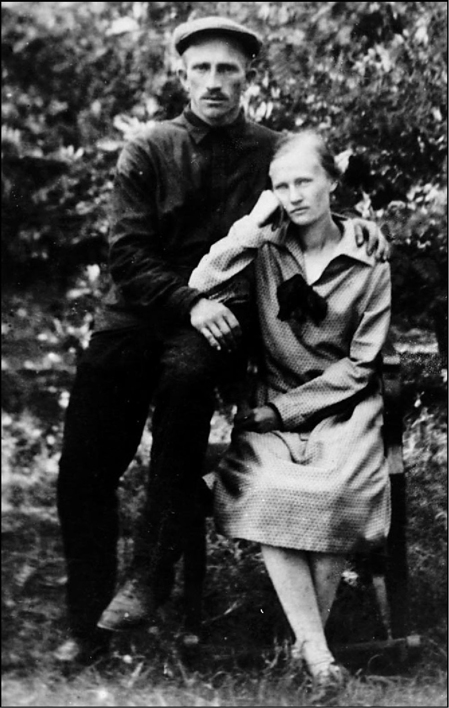
If you can, Elizabeth, leave Russia ... I will find you, he whispered. Lises parents, Nikolai Huebert and Elizabeth Koop Huebert - with love enough for a lifetime. Tchongraw 1931
To
Elizabeth Koop Huebert
A woman of uncommon courage and love
who nurtured in her children the will to live
and a passion for freedom.
...
In years of hardships, in the days Of an unthinkable existence She had been cast up from the depths By a high wave of destiny.
PartingBoris Pasternak
...
One day she told us children, I will teach you how to survive. You must survive and you must get out of Russia.
Tchongraw 1940 Lise
It is with great pleasure that I write this Foreword for I Heard My People Cry. I could not put this gripping story down, but read it well intothe night, finishing it in one sitting. I am passionate about it.
The inspiration to write this book came one sunny January day in 1996 when author Elizabeth Lenci-Downs was walking with a new friend down the idyllic pathways of the greenbelt area of Scottsdale, Arizona. Suddenly Lise turned and said, Elizabeth, I heard my people cry, and I can never forget it. In this way began Lenci-Downs labor of love, resulting in a powerful book, one which indeed makes the story of Lises family unforgettable.
This well-crafted book is a fitting tribute to one mothers faith, determination and courage. But I Heard My People Cry is much more. It is also an inspiring testimony to the strength of the human spirit and to the power of faith and love. As such, this book about the experiences of one Dutch German Mennonite family in the face of Stalins red terror presents a story which transcends cultural, ethnic and geographical boundaries. By documenting, through the voice of young Lise, the struggles and suffering as well as the strength and triumphs of the Huebert family, Elizabeth Lenci-Downs gives a voice to all of the silent victims of tyranny whose stories have been lost, forgotten or repressed. (For it is a tool of dictators, of course, to squelch the stories of their victims and to rob whole peoples of their history.)
From August 1998 through August 2000 I lived in Kyiv, Ukraine serving with the Central and Eastern European Law Initiative (ABA/CEELI), a public service project of the American Bar Association designed to advance the rule of law in the world by strengthening legal reform efforts underway in Eastern and Central Europe and in the newly independent states of the former Soviet Union. Working with the Supreme court of Ukraine as well as with lawyers and judges throughout the country, I witnessed their determination to build a democratic society out of the vestiges of a bankrupt totalitarian system. It was a privilege to partner with these dedicated lawyers and judges as we conducted numerous workshops for their colleagues on human rights law, freedom of expression and other relevant legal topics. During these two years I traveledextensively in Ukraine including the Crimea from which Lises family began its odyssey. Bordering on the Black Sea, this is a region of vineyards and verdant valleys among the mountains. What beauty the farms must have had when Mennonite families were stewards of this land. Moscow still covets the Crimea, now part of independent Ukraine, and the Black Sea Fleet continues to headquarter in Sevastopol, site of the ancient Tartar prison Lise tells us about.
As Ukrainians began to know and trust me, many shared stories of their ancestors and the suffering to which they had been subjected. The themes of these stories are those with which the Huebert family became intimately familiar - displacement, exile, starvation, false accusations, trials, imprisonment, forced labor, torture, intimidation, terror, death. In many cases these stories were suppressed. Remembering or sharing them could bring severe reprisals. One educated woman friend, for example, had not been told the full story about her grandfathers imprisonment and death until 1991 when, after the breakup of the Soviet Union, Ukraine became an independent nation. It was only then, when her grandmother was also deceased, that the womans mother felt safe enough to tell the grandfathers true story.
I Heard My People Cry is an important book. In like manner as Aleksandr I. Solzhenitsyns The Gulag Archipelago or Anne Franks diary, this book reminds all of us who would enjoy the fruits of liberty that they are not easily won nor, once established, automatically maintained. And what a timely reminder it is when, according to the United Nations High Commissioner on Refugees, Ruud Lubbers, there are as of 2001 over 21 million refugees in the world.
I Heard My People Cry is a clarion call to all who enjoy a democratic way of life-to be active, responsible participants in civic life, working for the common good of all. It is a call to be vigilant, ready to identify, expose and challenge violations of basic human freedoms whenever they are threatened. What better way to honor the sacrifices of the millions, both known and unknown, who suffered at the hands of tyranny.
Certainly I Heard My People Cry, the story of the courage of the Huebert family in resisting the forces that threatened their rights, livelihood and lives and their determination to live again in freedom, provides us ample inspiration for the task.
Next page
